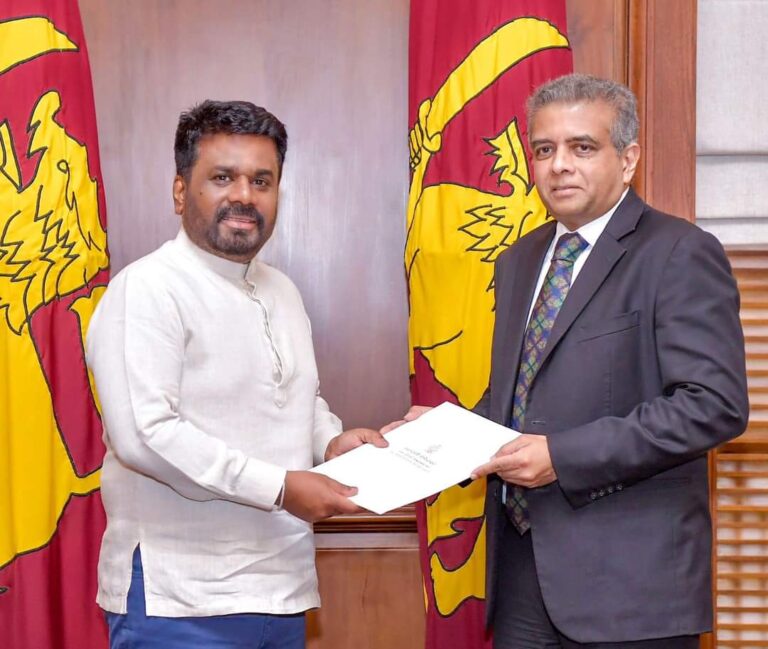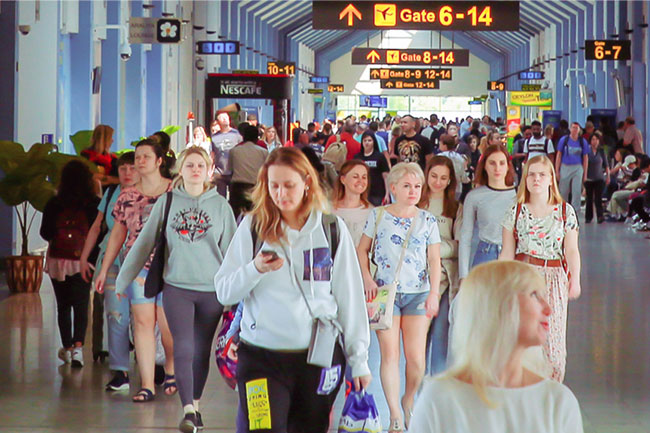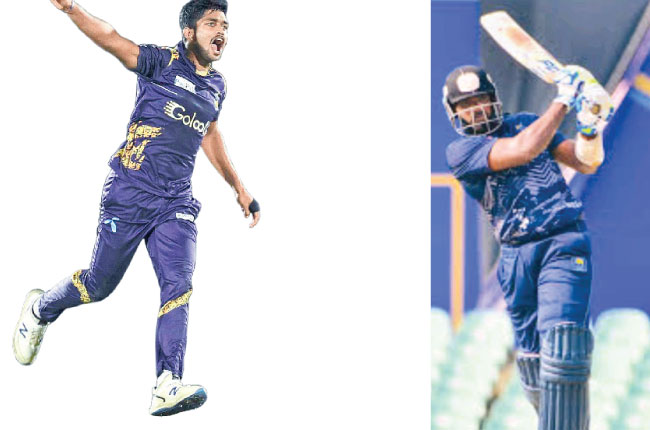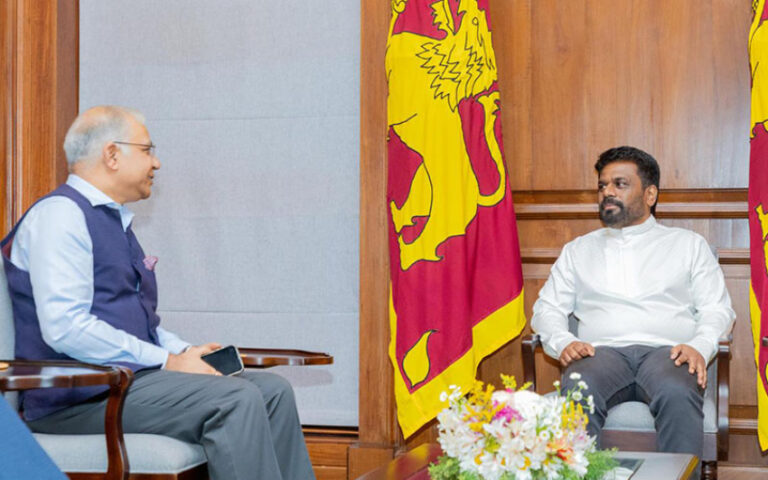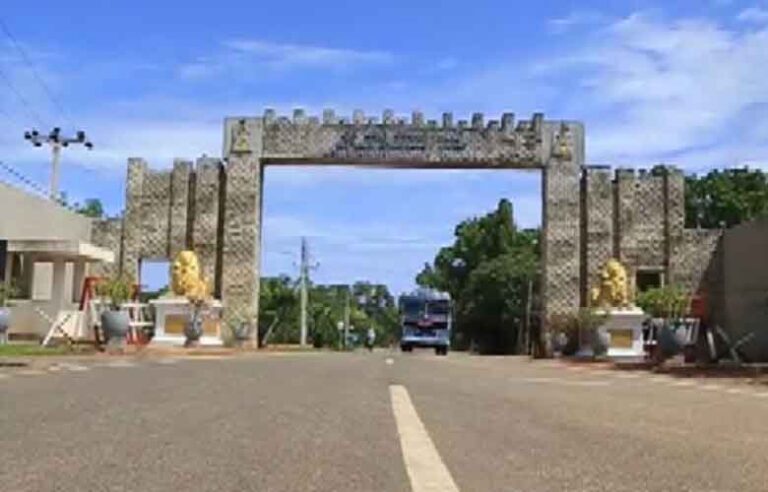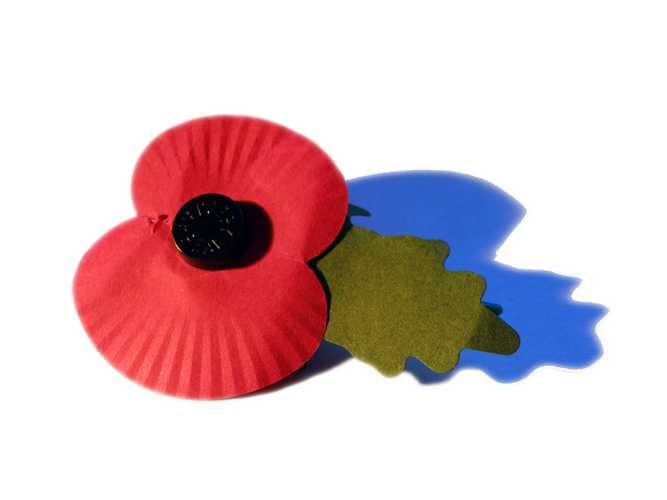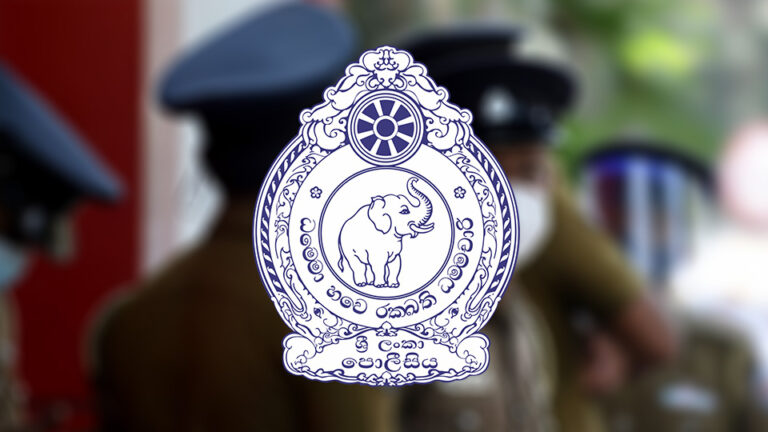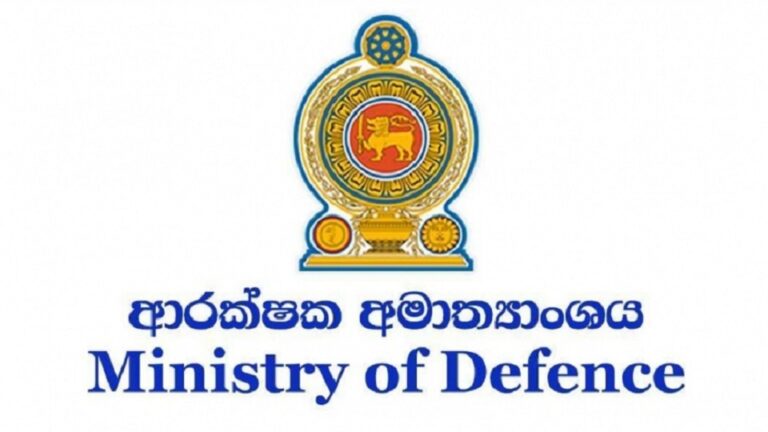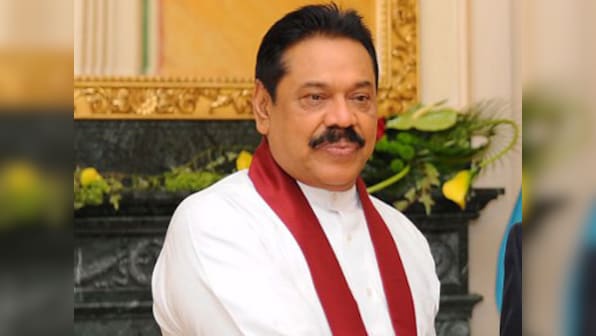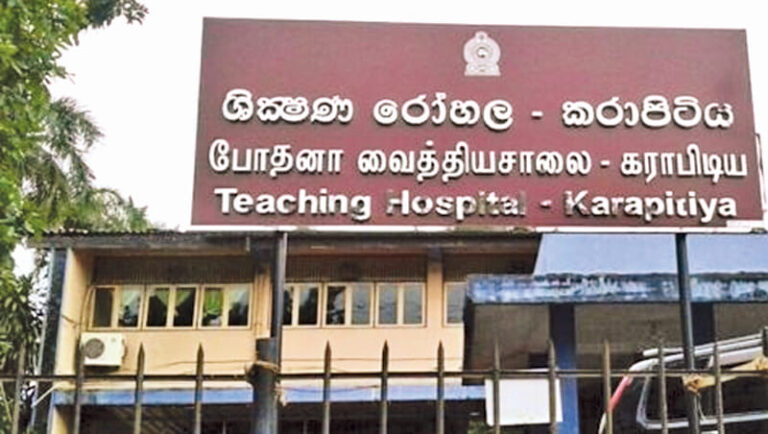By: Isuru Parakrama
November 02, Colombo (LNW): Axiata Group Berhad announced that Dr. Hans Wijayasuriya, its CEO of Telecommunications Business and Group Executive Director, will transition from his role in January 2025, as he takes on a pivotal new position with the Sri Lankan government.
Dr. Wijayasuriya has been invited to lead the country’s digital transformation strategy as Chief Advisor to the President on Digital Economy and in other strategic capacities.
Having accepted the invitation from the Government of Sri Lanka, Dr. Wijayasuriya has informed Axiata of his decision to step down effective January 15, 2025.
During the transitional period, he will oversee key responsibilities at Axiata, including guiding the group’s telecommunications operations across Malaysia, Indonesia, Bangladesh, Sri Lanka, and Cambodia, and will remain available to advise the Sri Lankan government on digital initiatives in a non-executive capacity.
Dr. Wijayasuriya’s departure marks the close of a 30-year tenure with Axiata and its predecessor, Telekom Malaysia.
Throughout his career, he has shaped the group’s strategy and elevated its influence across the Asia-Pacific region.
In recognition of his leadership and technological contributions, he was awarded the GSMA Chairman’s Award in 2024, the highest honour in the global mobile industry.
Axiata’s Chairman, Tan Sri Shahril Ridza Ridzuan, commended Wijayasuriya, acknowledging his “visionary leadership” that has driven the group’s growth.
Axiata’s CEO and Managing Director Vivek Sood added:
“It is a great honour that one of our own has been selected to contribute at a national level. Dr Wijayasuriya’s appointment demonstrates Axiata’s dedication to developing leaders who make an impact far beyond our industry.”
As he prepares to take on his advisory role with the government, Dr. Wijayasuriya expressed deep gratitude for his time with Axiata, saying, “Being part of Axiata’s journey has been an honour. I am privileged to contribute to Sri Lanka’s digital future, bringing every lesson I’ve learned to this new role.”


